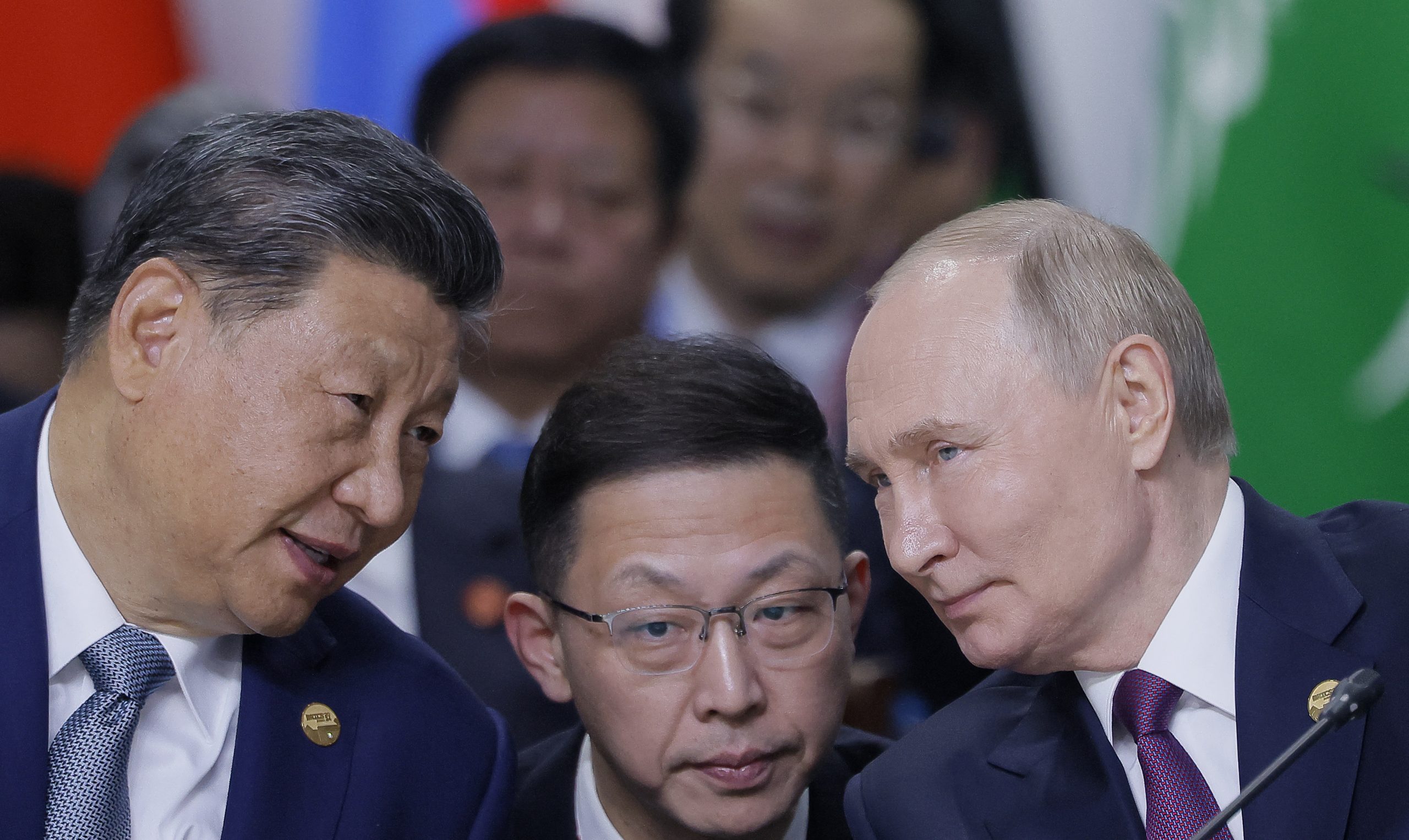A Gathering Storm in Beijing: The Implications of China’s Military Parade
This week, Beijing hosted a high-profile military parade commemorating the 80th anniversary of the end of World War II. While ostensibly a historical commemoration, the event served as a powerful display of China’s growing military might and its ambitions for global leadership. The presence of leaders from Russia, Iran, and North Korea, among other heads of state, further underscored the evolving geopolitical landscape and raised significant concerns about the formation of an anti-Western alliance.
The “Coalition” of Rivals: Fact or Fiction?
The convergence of these four nations – China, Russia, Iran, and North Korea – has prompted increasing discussion among American policymakers and scholars regarding their potential alignment against the established US-led international order. The narrative suggests a cohesive bloc united by a shared desire to challenge US global hegemony. However, the reality is considerably more nuanced. While these nations share certain common goals, including challenging US influence and pursuing their own national interests, the notion of a fully unified and collaborative “coalition” is an oversimplification.
Recent events have demonstrably highlighted the limitations of this perceived alliance. For example, the lack of substantial support from Russia, China, and North Korea during Israeli and US airstrikes on Iran in June exposed the cracks in this purported unity. Each nation’s self-interest remains paramount, and their actions are often driven by their individual strategic priorities, rather than a unified strategic plan against the West. This suggests the alliance is more of a convergence of convenience than a solid, coordinated bloc.
Beyond the Parade: Assessing the Long-Term Implications
While the parade showcased a show of unity, the underlying dynamics are complex. China, as the host and apparent leader, seeks to leverage its economic and military power to reshape the global order. Russia, grappling with international isolation following its invasion of Ukraine, finds a valuable partner in China. Iran and North Korea, both under significant international pressure, see alliances with these stronger powers as crucial for their survival and strategic goals.
However, inherent tensions exist within this group. Historical rivalries and differing strategic interests could readily undermine any long-term cohesion. Furthermore, the economic and political influence wielded by China might not always align with the desires of its partners. The willingness of each nation to compromise their own interests to benefit the group as a whole remains to be seen.
Conclusion: A Complex and Evolving Geopolitical Landscape
The military parade in Beijing served as a stark reminder of the shifting global power dynamic. While the apparent alignment of China, Russia, Iran, and North Korea presents a significant challenge to the US-led order, it’s crucial to avoid oversimplifying the situation. The perceived unity is far from absolute. Understanding the complex interplay of national interests, historical rivalries, and strategic ambitions is essential for navigating the increasingly volatile geopolitical landscape. Further observation is needed to assess the true nature and durability of this emergent power dynamic and its long-term implications.
SOURCE INFORMATION:
Source: Vox (Original article used as a base for this rewrite)
Based on materials: Vox





